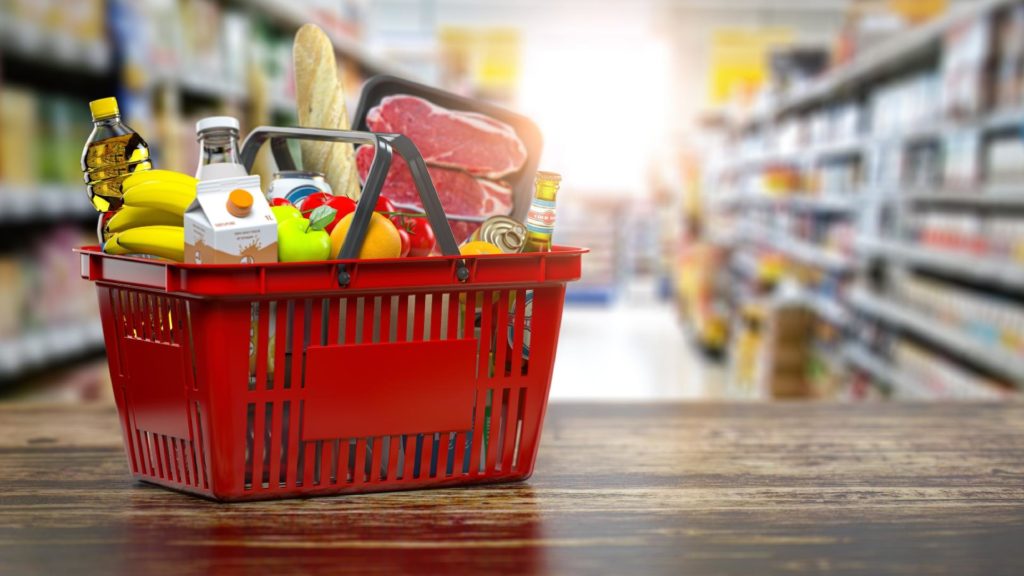RIO DE JANEIRO, BRAZIL – The staple food prices, required for the meals of an adult for a month, has increased on the 17 Brazilian capitals researched in September.
The higher increases were observed in Florianópolis (9.80 percent), Salvador (9.70 percent), and Aracaju (7.13 percent), according to the Basic Food Basket National Survey, conducted by the Department of Statistics and Socioeconomic Studies (DIEESE) a research entity maintained by Brazil’s labor unions.
In São Paulo, the basic basket cost R$563,35, with a 4.33 percent increase compared to August. In the year to date, the price of the food basket rose 11.22 percent, and increased 18.89 percent over the past 12 months.

According to DIEESE calculations, based on the most expensive basket (Florianópolis R$582,40), the minimum monthly salary needed to acquire the products should be R$4.892,75, which is almost five times the current minimum salary of R$1.045,00. [DIEESE calculates a mnimum salary needed for a family of two adults and one child to cover food, housing, clothing, health, education and travel expenses.]
The price of soy oil has increased in all capitals, with emphasis for Natal (39.62 percent), Goiânia (36.18 percent), Recife (33.97 percent), and João Pessoa (33.86 percent); the average price of long-grain rice had highest increase in Curitiba (30.62 percent), Vitoria (27.71 percent) and Goiânia (26.40 percent). In the case of oil, the rise was caused by low stocks, a consequence of external and internal demand. Rice was influenced by the high export volume and low stocks.
There was an increase in beef prices in 16 states, ranging from 0.66 percent in Brasília to 14.88 percent in Florianópolis. According to DIEESE, the rise occurred due to high external demand, high raw material costs, and a lower supply of animals for slaughter.
Sugar prices rose in 15 capitals, with the highest increases in Salvador (8.19 percent) and Brasília (8.06 percent);the rise was driven exports and the high demand for sugarcane, mainly for ethanol production.
The rise in the price of whole milk was recorded in 14 cities and ranged between 1.10 percent in Belém and 10.99 percent in João Pessoa, because of increased competition between dairy industries for the purchase of milk in the countryside and the rising cost of raw materials.
The price of a kilo of tomatos increased in 14 capitals, especially in Salvador (32.12 percent) and Porto Alegre (29.11 percent). In South-Central Brazil, the potato had its average price reduced in seven of the ten cities where the product was surveyed, with drops ranging from -2.53 percent in Campo Grande to -26.37 percent in Vitória.
Source: Agência Brasil

